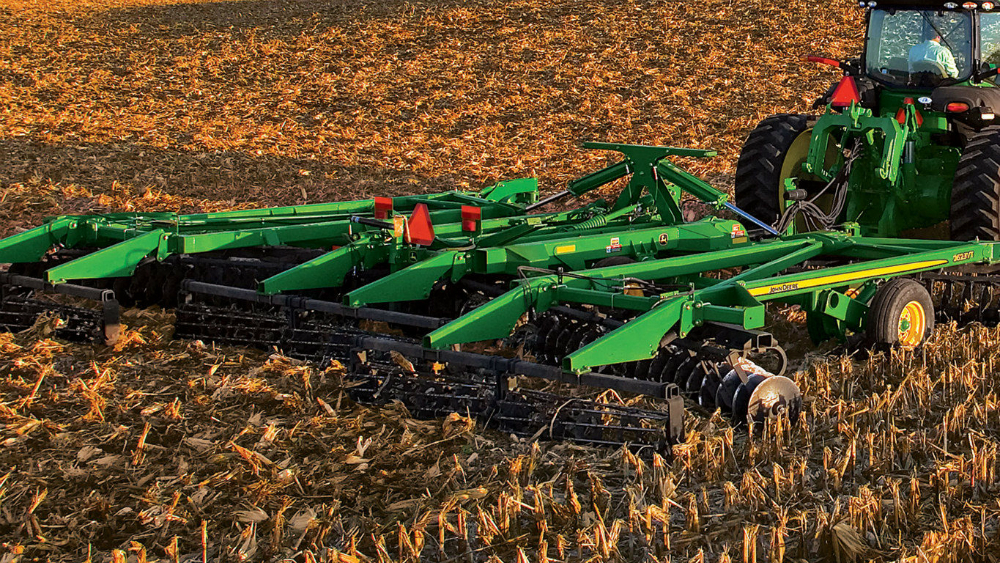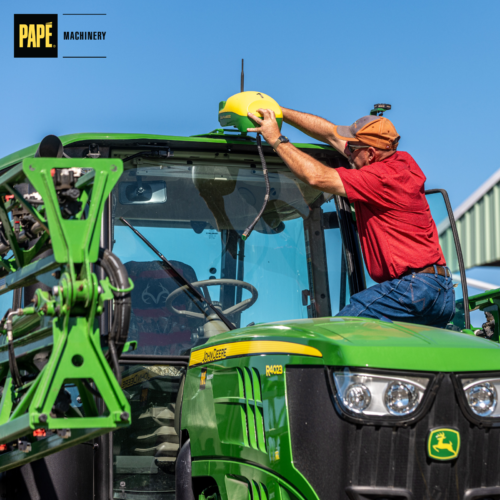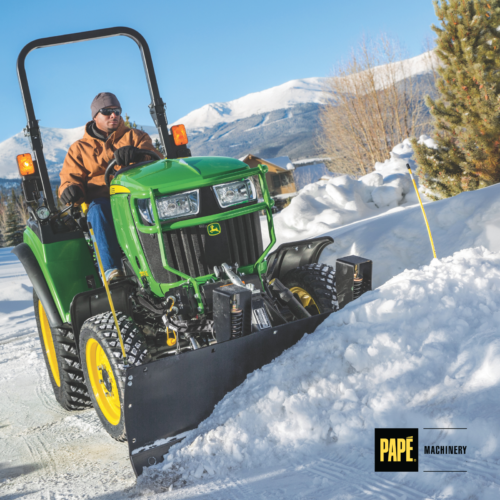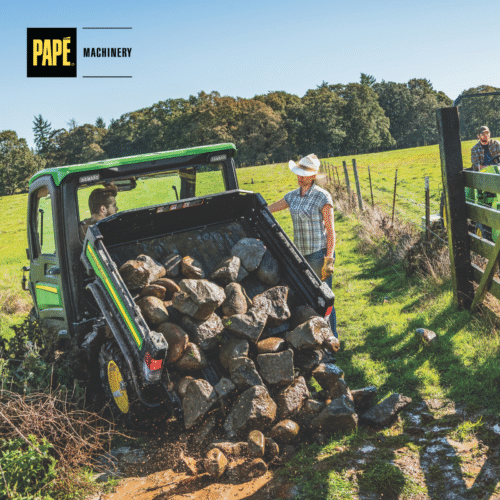Considering a vertical tillage system? You’re not alone – nearly 80% of our agriculture customers use vertical tillage equipment and for good reason.
Vertical tillage minimizes soil erosion and surface disruption similar to no-till farming while vertically cutting through the soil to achieve uniform soil density like conventional tillage. One of the reasons vertical tillage has become so popular among growers is because it’s a middle ground, offering improved soil health, uniform soil density, and a good seedbed for planting.
Yield Impact by Tillage Type
Improving soil health and preventing soil erosion are important, but what growers really want to know is: will it improve yield?
Many studies done over the last 15 years have determined that yield outcomes of vertical tillage and conventional tillage are very similar. However, when comparing yield levels of vertical tillage to no-till, vertical tillage systems are typically an improvement.
Jensen and Norberg Study
A 2009 research study near Jamieson, Oregon, showed improved corn yields with vertical tillage and when planted into wheat residue. In fact, they “matched conventional yields” and reduced the need for six separate field operations, including “two diskings, one field cultivation, fertilizer application, and a dammerdiker.” In the study, vertical tillage averaged a yield of 256.1 bushels per acre and conventional tillage 257.8 bushels per acre.
Southeast Research and Demonstration Farm Study
In 2005, another corn yield vertical tillage study in Crawfordsville, Iowa, found that “the vertical tillage system yielded slightly more than the no-till or conventional till systems with the no-till system yielding in between the other two systems,” on a corn and soybean rotation. The conventional tillage system in the study involved spring disking and field cultivation. The no-till system consisted of planting directly into the soybean residue. The vertical tillage system consisted of a single pass with a Phoenix harrow followed by a John Deere 7000 planter.
Moore Farm Study
A third research study conducted in North Carolina found that vertical tillage yielded 11 bushels more per acre of wheat than land that was not tilled. “Most growers using no-till systems don’t think about the impact of a hardpan from year to year, and I think it is affecting yields more than we realize,” shared Georgia Love, the associate responsible for the study.
Other Benefits of Vertical Tillage
As the studies above conclude, there aren’t major yield impacts related to the type of tillage you choose, but there are other significant benefits related to vertical tillage that should be considered.
Fewer Passes
Conventional tillage requires five to ten passes – with vertical tillage equipment, you only need one. Winter wheat, for example, can be planted directly behind your tiller.
Save Money
Fewer passes mean less time, less labor, less fuel, and less equipment maintenance, which all add up to significant savings. Even with similar yield outcomes, many vertical tillage adopters have found they are more profitable after making the switch.
Plant Earlier
Vertical tillage equipment allows growers to plant a few days earlier than both no-till or conventional tilling systems. Vertical tillage dries out the topsoil faster for planting than no-till.
Deeper Roots
Hard soil often associated with no-till farming can hinder root growth. Vertical tillage creates even soil distribution to allow crops to root deeply. Crops that are deeply rooted are stronger and better able to withstand disease and adverse weather conditions.
Better Moisture Management
Vertically scoring the soil allows water to penetrate deeper without erosion. This also causes the first few inches of topsoil to dry out faster for good seed placement.
Improved Soil Health
Vertical tillage helps cut through the plant residue and bury it to preserve the nutrients rather than letting it be washed or blown away.
Is Vertical Tillage Right for You?
“Vertical tillage is a versatile option that nearly all crops can benefit from, everything from corn to soybeans, and alfalfa to winter wheat. Many of our customers are finding it really saves a lot of time and expense compared to traditional tillage,” said Rick Vinyard, the Papé Machinery Agriculture & Turf regional sales manager for the Walla Walla, Washington area. While most soil will benefit from vertical tillage, certain types of soil won’t, so be sure to speak to your agronomist about the best type of tillage for your soil.
If you’re interested and would like to see how it works, contact your nearest Papé Machinery Agriculture & Turf location to arrange a demo.







